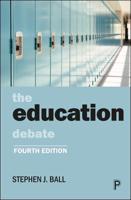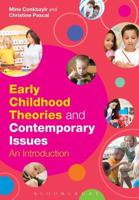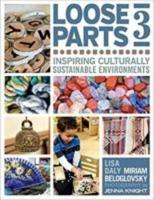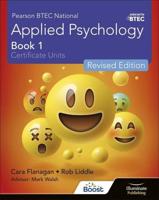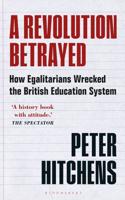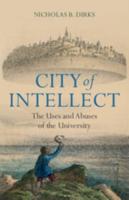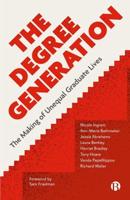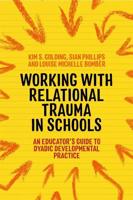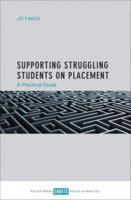Publisher's Synopsis
Much has been written over recent decades about the impact of community conflict on Northern Ireland's children and schools. There have been fewer attempts, however, to record and evaluate the experience of those who have worked to offset the negative impacts of these realities by developing educational programmes which encourage positive responses to diversity and promote mutual awareness, understanding and respect. This book shows how such processes, ideas and pedagogies have developed, evaluates their successes and failures, and proposes what can be learned from this experience for those undertaking similar work elsewhere.
Commencing with a broadly-based rationale for Education for Diversity and Mutual Understanding, this book explores developments since the early days of the Northern Ireland 'Troubles' to the present, noting the broader context of community relations over the period. The editors explore some of the pedagogical issues in more detail, including whole-school ethos, creating 'safe space', managing conflict and prejudice, group-work methodologies and teaching controversial issues. In conclusion the book brings the picture up to the present day. It offers further evaluation at a time when Northern Ireland's diversity is taking new directions and presenting schools with a mixture of old and new challenges.

